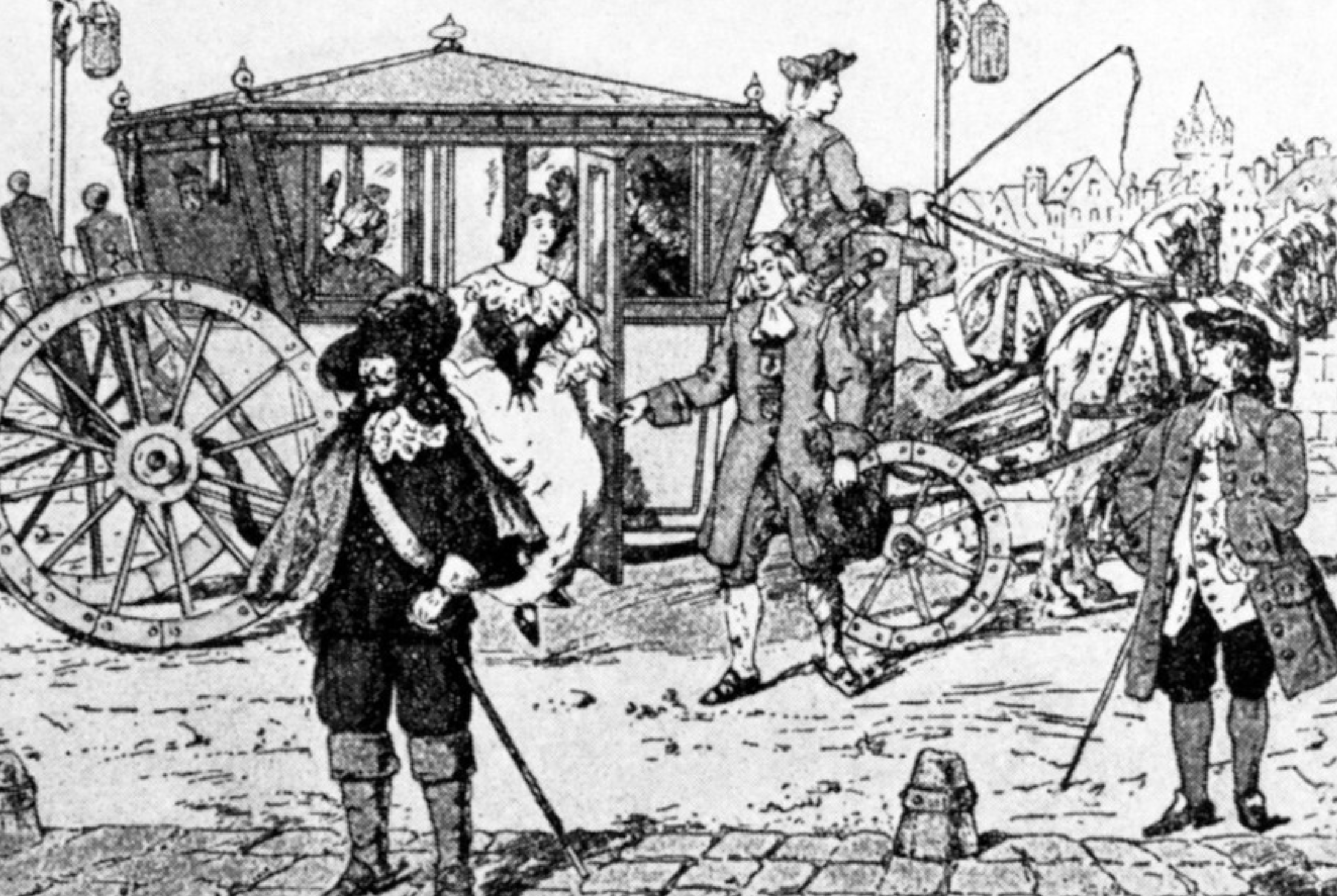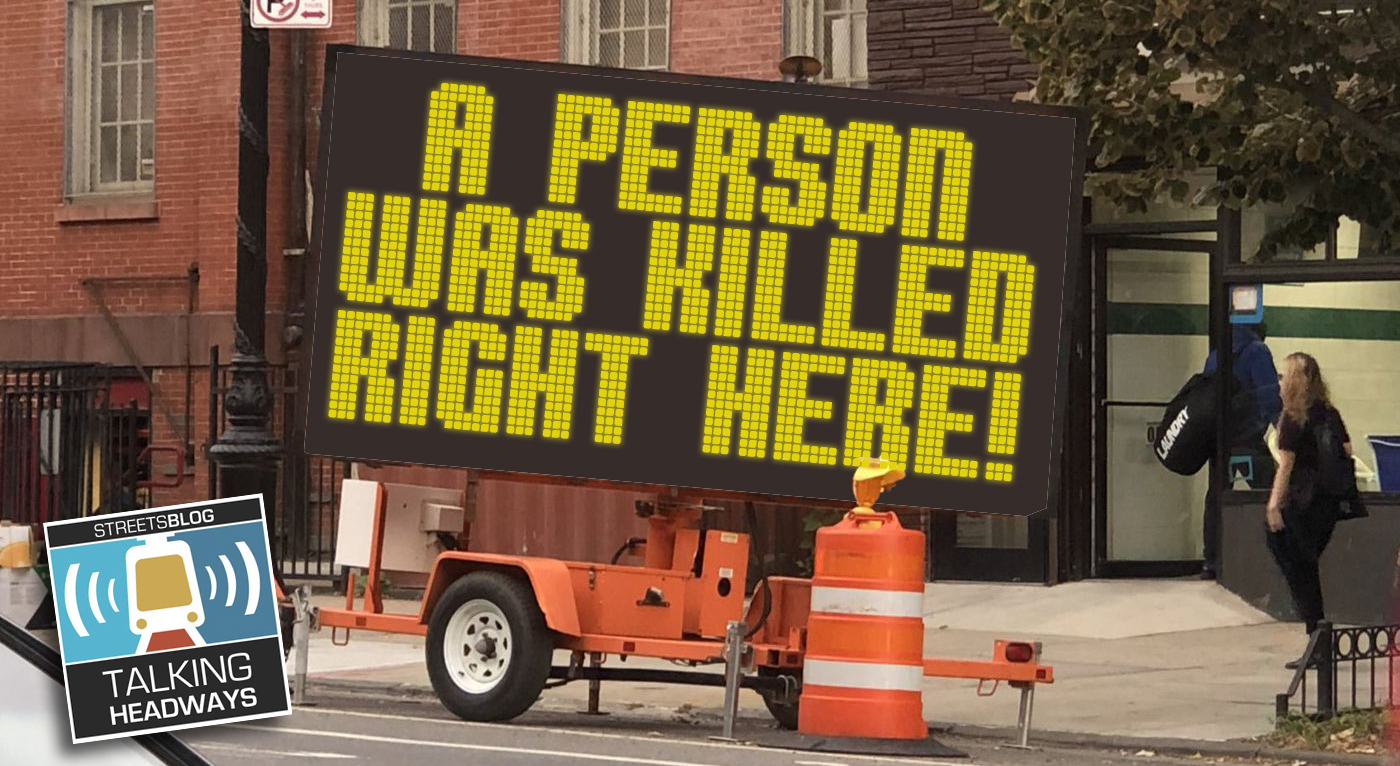The scene was America in the midst of a cycling craze. Cycling conventions were affecting the way people dressed and spoke. Enthusiasts were banding together to lobby for better road conditions.
Sound familiar? It was against this background in late 1800s and the early 1900s that the Women's Suffrage Movement took hold.
The two phenomena were not entirely distinct. Women were enthusiastic participants in the cycling boom, trading petticoats for riding costumes and racing competitively. It was part of the impetus that led them to demand other types of independence, according to the book "Wheels of Change: How Women Rode the Bicycle to Freedom," by Sue Macy.
Network blog Cycling and Style helps explain the importance of cycling to the Women's Movement in its review of Macy's book:
Elizabeth Cady Stanton, a leader in the women’s movement wrote in an 1895 article for the American Wheelman, that “the bicycle will inspire women with more courage, self-respect, self-reliance….” It was a prophetic statement as women, who were leaving their homes (unchaperoned!) to socialize and cycle on country roads and in parks and becoming more involved in public life. Young women were gaining more freedoms and with that came confidence and a feeling of empowerment as the Victorian era drew to a close.
Susan B. Anthony also famously commented on the importance of cycling for women:
I think it has done a great deal to emancipate women. I stand and rejoice every time I see a woman ride by on a wheel. It gives her a feeling of freedom, self-reliance and independence. The moment she takes her seat she knows she can’t get into harm while she is on her bicycle, and away she goes, the picture of free, untrammeled womanhood…
Remarkable how relevant those words are even today, where women continue to play an important and unique role in the cycling movement. I like to think that these pioneering women would be proud of the brave and strong women who are helping advance the cycling cause today.
Elsewhere on the Network today: Second Avenue Sagas reports that New Jersey Governor Chris Christie has said he will not repay $271 million the state owes for preliminary work on the ARC tunnel to Manhattan, a project the governor killed in the fall; Urban STL reports that the city of St. Louis is upgrading its plans to better integrate its Gateway Arch park with downtown; and Jarrett Walker explains how transit delivers both access and mobility.





